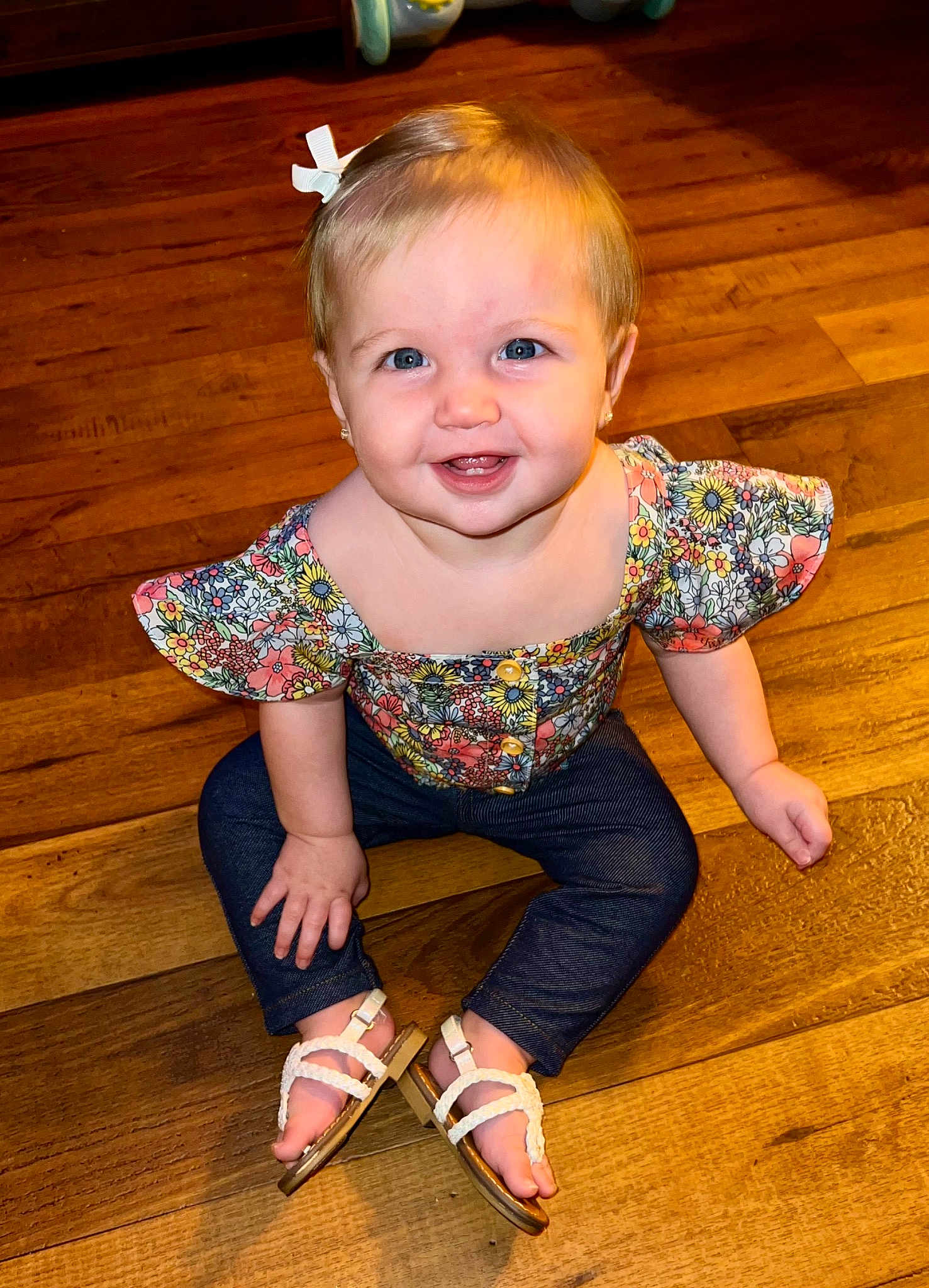The name "Cora" carries with it more than just letters—it tells a story of history, culture, and personality that can influence the identity and path of its bearer.
Personality of the name Cora
Choosing the name Cora might suggest expecting parents appreciate classic names with a strong yet feminine ring. Historically, Coras are often perceived as nurturing and wise, drawing a parallel to the character Cora Munro from James Fenimore Cooper’s “The Last of the Mohicans”, who was notable for her courage and moral integrity. This literary association imbues the name with a sense of adventure and principled conduct.
The name Cora is often connected to traits of resilience and independence. Women named Cora may be seen as strong leaders, capable of significant empathy and understanding. This might be due, in part, to the name's long association with figureheads and influential characters in both history and fiction. The heartfelt and down-to-earth soundscape of the name might encourage a personality that is both grounded and emotionally insightful.
Cora's who partake in creative or social pursuits are often credited with having an innovative mindset. The name is frequently associated with artistic ability, possibly influenced by its melodious and gentle tone which resonates well within the creative communities.
The name Cora has consistently been a beacon of strength and integrity, drawn from historical and literary figures.
Meanings and Origins of the name Cora
Cora originates from the Greek word "kore", which means "maiden". This connection is not just linguistic but mythological, as it ties closely to Persephone—known as Kore in her guise as the innocent maiden, the daughter of Demeter in Greek mythology. This rich mythological background lends the name a timeless and ethereal quality, linking those named Cora to a story of transformation and power.
In the 19th century, the popularity of romanticism and the proliferation of classical education brought names like Cora into greater use in the English-speaking world. Literature also played a crucial role in popularizing the name, with many heroines named Cora appearing in novels of the time, inspiring a generation of Coras who were perceived to be as strong and compelling as their fictional counterparts.
Looking across different cultures, variations of the name Cora appear, though the essence remains largely consistent. In German-speaking countries, it might be spelled "Kora", and in modern times, variations like Corabel and Coraline have emerged, offering a modern twist on a classic choice.
Popularity of the name Cora
Cora enjoyed substantial popularity in the United States during the late 19th and early 20th centuries, often ranking among the top 100 names for girls. A decline was observed mid-century, but the name has seen a significant revival in recent years. This resurgence aligns with the trend of reviving vintage names and the public's growing interest in names that are both classic and unique.
In English-speaking countries, Cora remains a well-loved choice among parents who are looking for a name that is easy to pronounce yet rich with history and significance. It's also gaining traction globally, as non-English speaking countries begin to embrace Western naming practices, finding Cora both exotic and accessible.
Recent years have shown that names like Cora are being chosen to reflect personal narratives and cultural heritage. Moreover, notable figures such as Cora Coralina, a beloved Brazilian writer, and Cora Emmanuel, a French fashion model, contribute to the international appeal and continued relevance of the name.
Insights on Choosing the Right Baby-Girl Name
When selecting a name for your newborn, it's crucial to consider its sound and ease of pronunciation, potential nicknames, and the values it suggests. Cora scores high on these aspects, providing a sonic appeal that is both international and timeless, making it suitable for families from a variety of cultural backgrounds.
The name you choose might subtly influence how others perceive your child and potentially, how she perceives herself. Names like Cora, which carry deep historical and literary connotations, may inspire a strong sense of identity and confidence in your child.
Conclusion
Names are more than just a means of identification; they are a gift of heritage and expectation. As we see each year with participants named Cora in the Little Miss Beauty contests, this name brings with it a sense of tradition combined with unique personal significance. Choosing the name Cora for your daughter could stand as a testament to strength, beauty, and perennial grace, echoing through her life as a constant reminder of where she comes from and what she can aspire to be.



